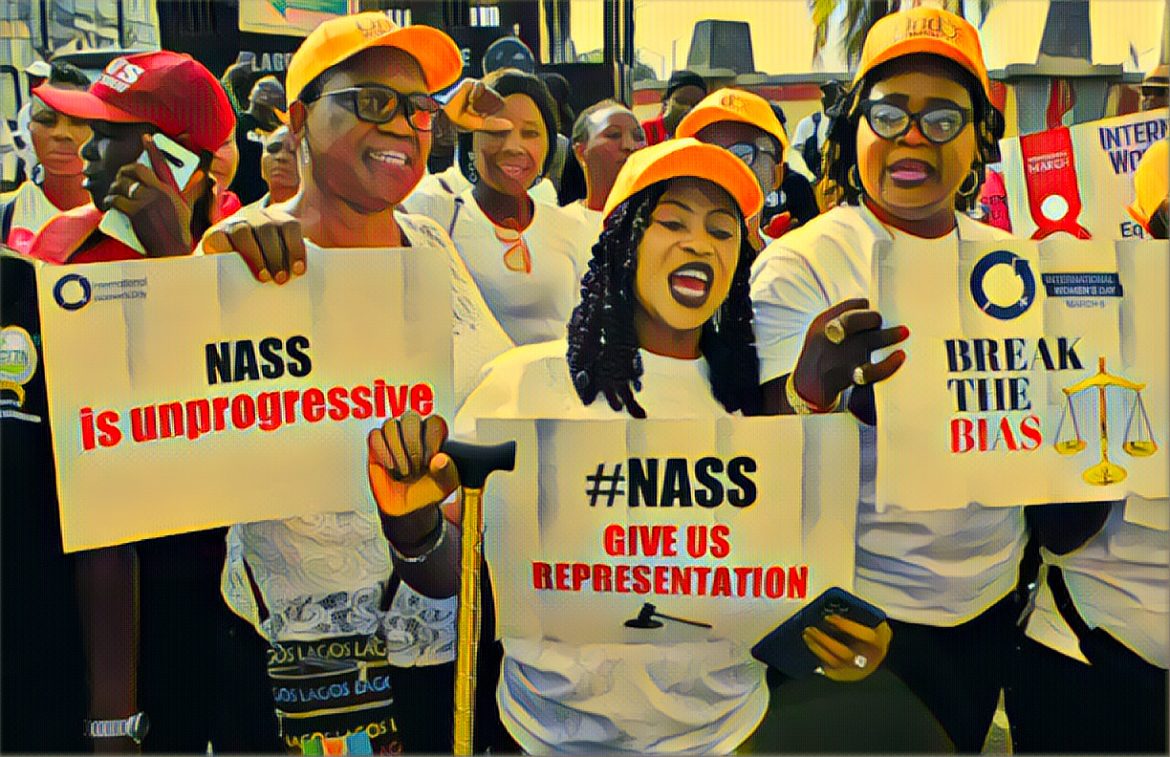Historically, Nigerian women have been instrumental in driving grassroots movements. Even within a predominantly patriarchal framework, these women have raised their voices for social, political, and economic reforms. Their efforts have spanned issues from education to social justice.
Tracing back to the pre-colonial times, Nigerian women have been active in grassroots activism. A prime example is the 1929 Aba Women’s Riot, where Igbo women united against oppressive colonial measures. This massive revolt showcased women’s ability at the grassroots to confront and defy unjust regimes.
Predominantly involved in Nigeria’s informal economic sectors like agriculture and trade, women have often spearheaded movements challenging unfair market taxes and unfavorable trade regulations. These grassroots initiatives frequently lead to policy reassessments, benefiting female entrepreneurs and agriculturalists.
Tackling discriminatory cultural and religious norms, Nigerian women have consistently taken a stand. Leading drives against practices such as female genital mutilation, underage marriages, and gender-specific violence, these women, through grassroots networks, have spread awareness, provided victim assistance, and advocated for women’s rights legislations.
Though Nigeria’s political arena is largely male-centric, women are steadily making their presence felt, primarily starting at grassroots tiers. By forming groups and caucuses promoting women in politics, they ensure female perspectives in local governance, setting the stage for larger state and national representation.
Key figures like Ken Saro-Wiwa and the Ogoni women exemplify women’s roles in environmental grassroots campaigns. Their protests against the Niger Delta’s ecological degradation by oil corporations showcased the interconnectedness of environmental justice, women’s rights, and community health.
Central to grassroots campaigns on health and community welfare, Nigerian women have highlighted issues from maternal care and child health to HIV/AIDS awareness. Using local community networks, they’ve bolstered health education and eased healthcare access.
Nigerian women’s contributions to grassroots movements underscore their tenacity, leadership prowess, and commitment to engendering positive shifts in their communities. Overcoming societal challenges, they’ve maximized grassroots avenues to tackle a spectrum of concerns, leaving a lasting impression on Nigeria’s social and political fabric. Their enduring activism stands as a guiding light for upcoming generations.


